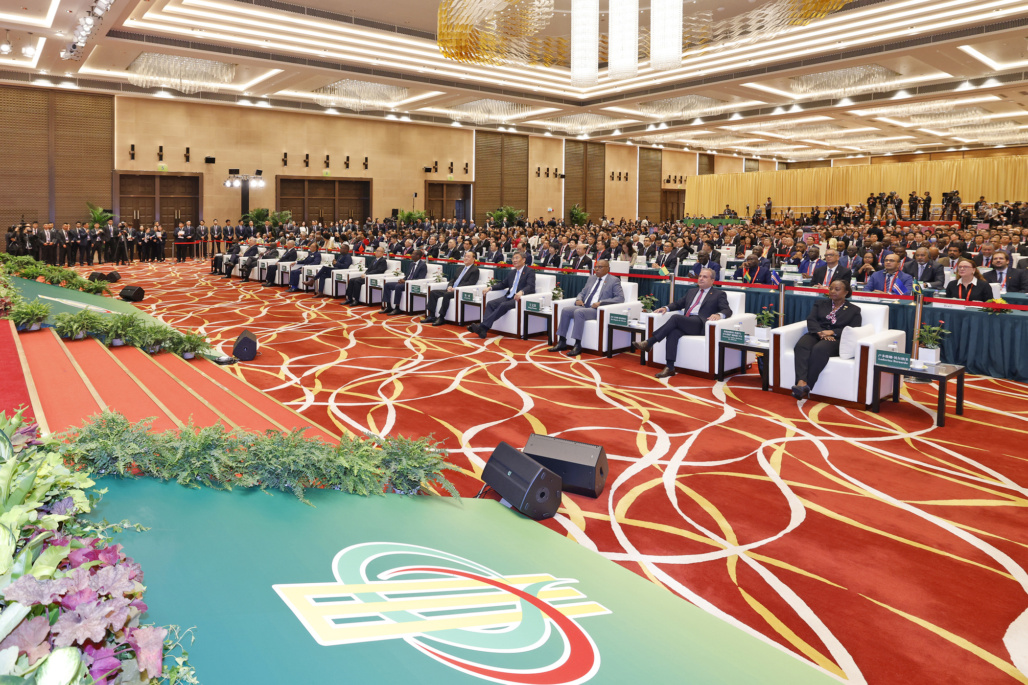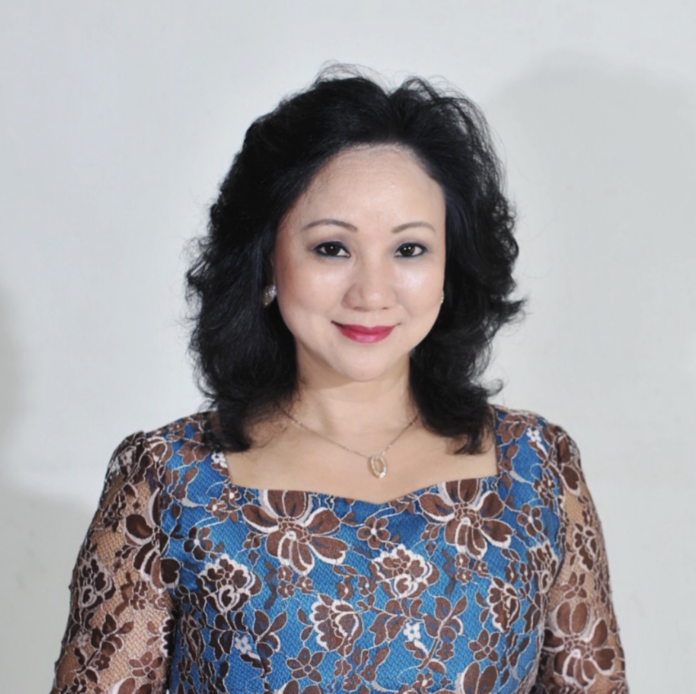Rita Santos has been involved since the inception of Forum Macau, serving as Deputy Secretary General and Coordinator of the Support Office of the Forum’s Permanent Secretariat from 2003 to 2015.
When the Chinese Central Government launched the Forum for Economic and Trade Coordination between China and the Portuguese Speaking Countries (Forum Macau) and established its Permanent Secretariat in the SAR, one of the aims was to promote economic diversification, Rita Santos emphasises.
Twenty-one years on, the city has hosted six ministerial conferences – the latest held last month – and countless events, including trade shows, exhibitions, business matching sessions, and meetings, took place under the umbrella of the Forum and were financed by the Macau SAR.
Local value
Despite the advancements in bilateral trade and investment achievements, some local voices from the business community have expressed frustration over the involvement of the city’s companies in the wider and ever-expanding Sino-Lusophone exchanges. Rita Santos agrees that there is a need to promote a deeper role for local companies and businesspeople. “It is important to involve more Macau businesspeople in the bilateral and trilateral cooperation between China and the Portuguese Speaking countries,” she stresses.
Ms. Santos, who is also a businesswoman, sees plenty of potential for the city’s business community in linking Lusophone companies with the 80-plus million market in the Guangdong-Hong Kong-Macau Greater Bay Area (GBA). “Local businessmen can assist the PSC companies and businessmen to enter the Greater Bay Area market.”
“It is necessary to simplify the access to the China-Portuguese Speaking Countries Cooperation and Development Fund and facilitate Macau’s banking institutions in issuing letters of credit for commercial activities” – Rita Santos
This has been a key proposal she made two decades ago when she suggested to China’s Ministry of Commerce to include a Macau business delegation in the missions to Portuguese Speaking countries. “Our companies and professionals such as architects, lawyers, and consultants have a deep understanding of the PSC’s cultures and social values, which are an important asset for this platform,” she notes.

Rita Santos also proposes that each Portuguese Speaking Countries should be proactive in coming up with a list of feasible projects that can generate interest from Chinese partners, with a role for Macau businesspeople. “This way, the Macau business platform can be more effective,” asserts Rita Santos, who is also president of the General Assembly of the Macau Civil Servant’s Association (ATFPM).
Pragmatic approach
Rita Santos, who joined the 6th Ministerial conference as a former top official at the institution, noted that the overall tone of the speeches was “very pragmatic, proposing several projects in various areas of economic and commercial cooperation between China and Portuguese-speaking Countries, using Macau’s role as a platform.” She was glad to see that “they recognise the special advantage of Macau in facilitating the arrival of companies from speaking countries to China.” Another key takeaway was that the Forum member countries’ representatives “want the Macau Forum to be able to help small and medium-sized companies in implementing projects and forming partnerships.”
Moving forward, “it is time for local businesspeople to effectively realize Macau’s role as a platform by taking advantage of the new incentive policies for setting up companies in the interior of China, especially in the Greater Bay Area cities.”
How to get there? Rita Santos singles out a couple of moves she deems key: “It is necessary to simplify the China-Portuguese Speaking Countries Cooperation and Development Fund and facilitate Macau’s banking institutions in issuing letters of credit for commercial activities.”
























